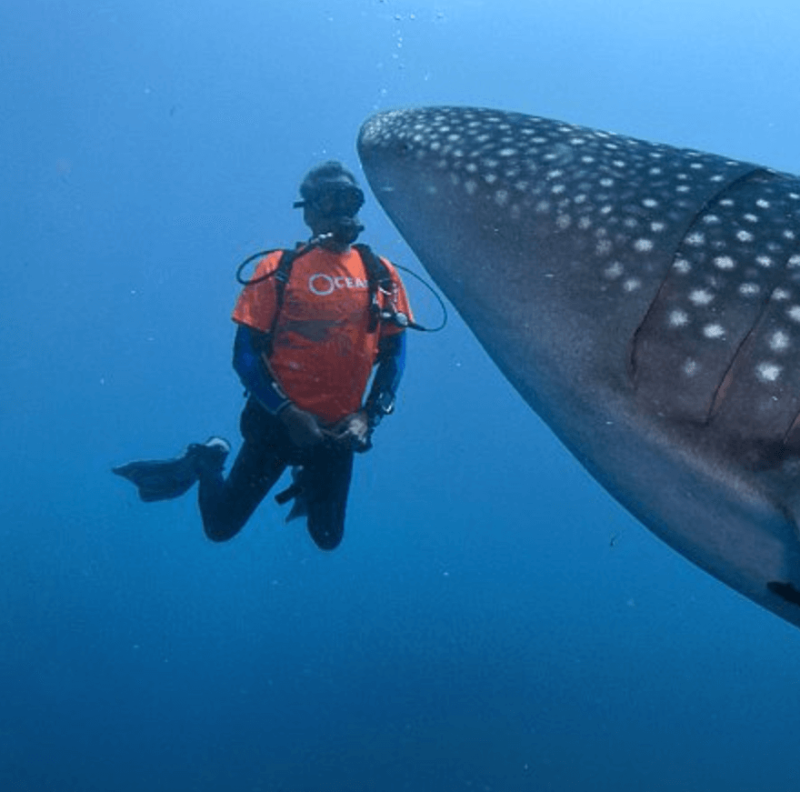Whales have been on this planet millions of years longer than we have. One of the most exciting and popular genetics stories coming out at the turn of this New Year focused on the bowhead genome, which was sequenced recently by researchers at the University of Liverpool. Dovetailing with findings from human genomic studies, including a recent one of a 115-year-old woman, the Liverpool whale study is funded largely by two organizations interested in bringing on an age when large numbers of humans live way into their hundreds, and beyond: the Life Extension Foundation and the Methuselah Foundation.
Thus far, the Liverpool group has identified some 80 genes likely to be involved in the keeping the lifespan of bowhead whales very long. The long-term goal is to apply the findings to manipulate human genome to do the same for us, and along the way help medical researchers to stop or slow cellular aging processes that have been linked to cancer, cardiovascular disease, and other conditions that have put a limit on the human lifespan. In other words, a potential type of human enhancement is on the radar screen.
Our giant cousins in the sea
Members of the bowhead whale species can live up to two centuries. Certain giant tortoises also have lifespans that can live to 200 years, but being reptiles, their biology is fairly different from that of humans. In contrast, whales and humans are both mammals and therefore share many more genes already. And, if the Liverpool study goes really well, we may find out that human end up sharing a little more of the whale genome, or at least that of bowheads. And that may help us alter the human of the future to live longer.
I’m talking about genetically modifying organisms – not plants or algae, but human beings. This adds a curious dimension to the story, since one of the two main funders of the bowhead project, Life Extension, is interested mostly in hormonal and nutritional supplements, and we can associate extensive use nutritional supplements with people who shop at places like Whole Foods Market that reject genetic modification technology based on ideology, not science. If the research in Liverpool pans out as much as the investigators hope, genetic manipulation of humans–using some whale genes as a guide, or perhaps even slipping whale genes or parts of them into the human genome–couldl do a lot more for human longevity than any new vitamin product.
Medical innovations along the way
The other major funder of the bowhead genome research, the Methuselah Foundation, is interested in tissue engineering and regenerative medicine. It’s quite fascinating, because we don’t have a safe tactic yet for getting genes from non-human mammals into all the tissues of an aging human that are undergoing deterioration. The most hopeful approach though, could be to create various lines of transgenic stem cells–cells using DNA sequences from both human and whales–that can be injected into the body and migrate to organs that need some rejuvenation.
We don’t want to invent a new species, a human whale hybrid; nor do is it desirable or ethical to play around with the genetics of human embryos–a possibility that is raised often in science fiction settings, most recently in the BBC America series, Orphan Black. Instead, the approach most likely to succeed is to regenerate organs and systems as needed as a person ages. This is certainly the strategy of the Methuselah Foundation, whose goal is to “create a world where 90-year olds can be as healthy as 50-year olds–by 2030.” That means people born around 1950, baby boomers, not babies.
So while the two century milestone can be an excellent guideline and motivating factor, there is a huge potential for innovations along the way that might address some of today’s most common, and deadly, health conditions. This means the whale genome study could start to improve the human condition in the very near term. The benefits of understanding what makes our sea-bound mammalian cousins so long-lived are out there for the taking. But, jumping into the water on this one will be only for those not fearing the technology of genetic modification.
David Warmflash is an astrobiologist, physician, and science writer. Follow @CosmicEvolution to read what he is saying on Twitter.































